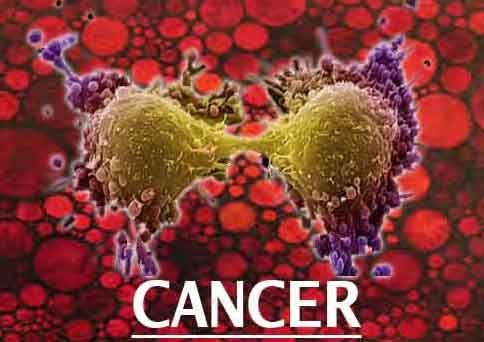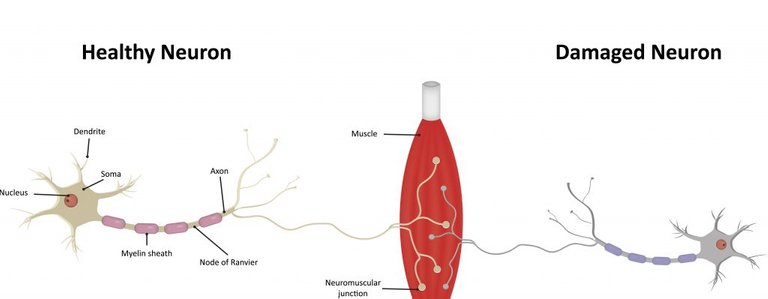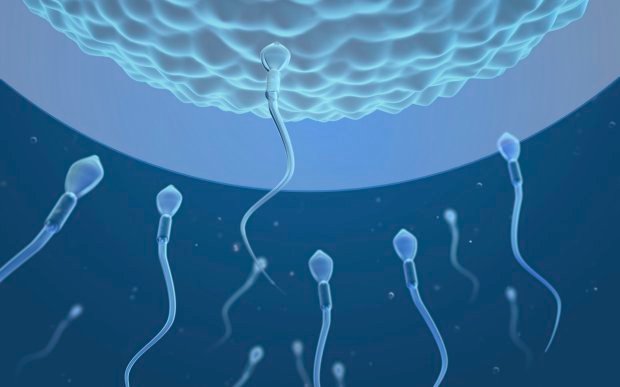The effects of pesticide of human health include; a. Cancer, b. Neuromuscular c. Diabetes, d. Liver damage, e. Infertility, f. Still birth/Congenital abnormalities, e.t.c...
a. Cancer
source
b. Neuromuscular damage
source
c. Diabetes
source
d. Liver damage 
source
e. Infertility
source
f. Still birth/Congenital abnormalities
source
As to how pesticides cause each of these detrimental health effects in humans, the ideas are as follow;
Firstly, with respect to pesticides being implicative as etiological agents of cancer, the idea is that some pesticides have their chemical contents as organic compounds usually the aromatics, .i.e. benzene, many fused benzene rings or polychlorinated substituted benzenes. When such pesticides find their way into human systems through ingestion or inhalation, they are absorbed by the body cells to arrive their cytosol enroute to the nucleus where they act as nitrogenous base analogues of the purines and pyrimidines of the DNA nucleotides present in the cells' antioncogene, i.e. tumor suppressor gene such that during the next replication as a basis of the next cell division, the aromatic ring base analogue from the pesticides are inserted for mutation of the cells' antioncogene. Hence, the mutant antioncongene can no longer be transcribed to produce Death Factor Protein mRNA needed for the translational production of Death Factor Proteins in the cytosol. Death Factor Proteins thus become absent in the cells such that mitotic cell divisions for tissue renewal proceeds without apoptosis, i.e. proceeds uncontrollably or unregulatedly to orchestrate tumour development called cancer.
Secondly, as to how pesticides cause neuromuscular damage, the idea is that some specific chemicals as contents of pesticides are enzyme inhibitors. Carbamate as one chemical ingredient of pesticides inhibits the enzyme, acetylcholinisterase which on a normal human physiology functions in breaking down the neurotransmitter, acetylcholine to choline and acetic acid at the synaptic junctions of nerves fibres of skeletal muscles in the nervous system. With this enzyme inhibited, acetylcholine accumulates in the synapses of nerve fibres of the skeletal muscles such that skeletal muscles are overstimulated for contraction. This results in involuntary muscle contractions that can degenerate into convulsion, Parkinson's disease and other muscular disorders. In fact, the muscle overstimulation can eventually make the muscle cells strained to lose their elastic property such that paralysis can set in as another chronic complication.
Thirdly, how do pesticides cause diabetes? Well, the mechanism of pesticides-orchestrated diabetes is very similar to the mechanism of pesticides-orchestrated cancer. On this, the idea is that some aromatic ingredients in pesticides can be absorbed by the beta cells of the islets of langerhan in the pancreas to arrive their cytosol and eventually their nucleus. Their presence in the nucleus of these cells is partly on the implication that when the insulin-encoding gene is being replicated alongside other genes during DNA replication before cell division, these pesticides aromatics can be inserted into the insulin-encoding gene sequence as nitrogenous base analogues to produce mutant insulin-encoding gene.The mutant insulin-encoding gene could be such that it cannot be transcribed into insulin-decoding mRNA with the implication that insulin cannot be translated in the cytosols of these beta cells. Such insulin deficiency becomes the pathological basis of the development of type 1 diabetes (it has to with insulin not being available in the blood to influence glucose uptake/absorption by tissue cells such that glucose accumulates in the blood as a basis of the body resorting to frequent urination as a means of getting it eliminated). It is alternatively possible that that the mutant insulin-encoding gene can still be transcribed although to produce a mutant insulin-decoding mRNA from which mutant insulin is translated. The mutant insulin however is not recognized by insulin receptors of tissue cells such that although insulin is present in the blood, it is not recognised by tissue cells and is thus not able to influence glucose absorption by tissue cells, glucose thus pile in the blood and is excreted through frequent urination which is diabetes type II
Fourthly, the pathogenesis of pesticides-orchestrated liver damage is such that as the liver attempts pesticides' detoxification, i.e. metabolic transformation of pesticides to harmless excretable metabolites, the liver is implicated in an imbalance of 'Reactive Oxygen Species’, ROS also called reactive oxygen radicals. What this means is that the amount of ROS generated from liver metabolism into liver tissues is excessively more than what the liver needs at a time such that the excess of these reactive oxygen radicals hijacks the liver tissues to have them destroyed. The structural and functional proteins of the cells in these tissues as well as their nucleic acid contents are destroyed to illicit immune response that eventually culminates in hepatic inflammatory damage as a basis of hepatitis and other liver diseases
Fifthly, pesticides cause infertility in the following ways; just like some chemical contents in pesticides bind to inhibit acetylcholinisterase, some others can bind to inhibit the opposite version of the enzyme. Ordinarily, this enzyme is associated with the synthesis of acetylcholine as a neurotransmitter in the synapses of nerve fibres of the skeletal muscles including specific endocrine glands. But when this enzyme is inhibited by specific chemical contents of pesticides, the pathway of acetylcholine production in the synapses is blocked such that the synapses becomes deficient or devoid of acetylcholine. The implication of this is that nerve impulses from the brain cannot be transmitted to sex-associated endocrine glands talking of the interstitial gland of the testes in males and corpus-leutum of the ovaries in females such that the nervous stimulation of these glands geared toward secretion of their hormones, talking of testosterone and progesterone/oestrogen is compromised as a basis of the absence of these hormones in the reproductive system. Therefore, key physiological processes of reproduction regulated by these hormones, processes like fertilization, ovulation, oogenesis, spermatogenesis, etc are inhibited as basis of infertility.
Sixthly, how do pesticides cause stillbirth or miscarriage? The idea is that some chemical contents of some pesticides are acyl group-containing and thus can act as acylating agents. Yes, when these pesticides are ingested by pregnant women, the acylating components along with other components arrive the foetal circulation from the maternal circulation through the placenta. In the foetal system, the acylating agent from the pesticides reacts with a specific embryonic amino acid called taurine to form a stable amido complex called acetamidotaurine. Ordinarily, the function of taurine as a special embryonic amino acid is the mediation and regulation of the pathways of embryogenesis, i.e development of the embryo in the endometrium of the uterus to foetus. But with the amino acid is inactivated in the form of acetamidotaurine, the amino acid is no longer available for its role in embryogenesis. The pathways of embryo development to foetus thus become inhibited as a basis of miscarriage or stillbirth depending on the age of the pregnancy. Sometimes, there could be premature delivery in which case the baby will be mared by some cogenital abnormalities or defects.
Congratulations @fealtykema! You have completed some achievement on Steemit and have been rewarded with new badge(s) :
Click on any badge to view your own Board of Honor on SteemitBoard.
For more information about SteemitBoard, click here
If you no longer want to receive notifications, reply to this comment with the word
STOP